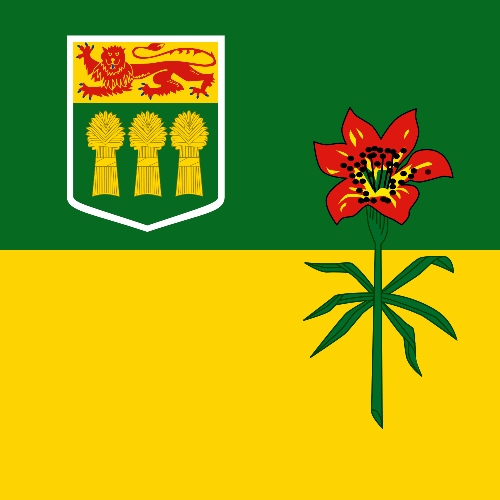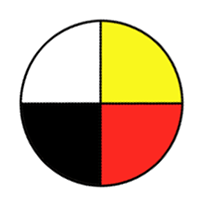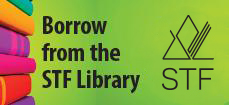Assess the implications of human actions on the local and global climate and the sustainability of ecosystems.
| (a) |
Pose questions or problems relating to the effects of human actions on global climate change and the sustainability of ecosystems that arise from personal research. (A, S, STSE) |
| (b) |
Reflect upon your personal view of humanity's relationship with the environment. (STSE, A) |
| (c) |
Research how people from Aboriginal and other cultures view relationships between living organisms and their ecosystems, and the role of humans in those relationships. (STSE) |
| (d) |
Examine the positions of First Nations and government agencies responsible for the stewardship and management of resources, including the duty to consult. (STSE, A) |
| (e) |
Evaluate changes in the scientific worldview of sustainability and human's responsibility to protect ecosystems, considering key milestones and publications such as Our Common Future, Rio Declaration on Environment and Development, Agenda 21, Convention on Biological Diversity and the Bonn Declaration. (STSE, A) |
| (f) |
Discuss why it is important to consider economic, social justice and environmental perspectives when examining sustainability. (STSE, A) |
| (g) |
Select, integrate and analyze the validity of information from various human, print and electronic sources (e.g., government publications, community resources and personally collected data), with respect to sustainability, sustainable development and education for sustainable development. (S) |
| (h) |
Provide examples of human actions that have contributed to the anthropogenic greenhouse effect. (K, STSE) |
| (i) |
Research how scientists examine changes to the key indicators of climate change (e.g., CO2 concentration, global surface temperature, Arctic sea ice area, land ice mass and sea level) to support the scientific understanding of climate change. (K, STSE, A) |
| (j) |
Reflect upon individual and societal behavioural and lifestyle choices that can help to minimize anthropogenic sources of global climate change. (K, STSE) |
| (k) |
Develop, present and defend a position or course of action based on personal research related to mitigating the effects of global or local climate change or to enhancing the sustainability of an ecosystem, taking into account human and environmental needs. (S, A, STSE) |
| (l) |
Assess the current and potential future effects of ongoing changes to Earth's climate systems on the people and the environment in Saskatchewan and Canada's Arctic region. (K, STSE) |






- Nelson Science 10. Concepts and Connections. Student Text
- Nelson Science 10. Concepts and Connections. Teacher's Resource

Below Zero activity guides are free to teachers attending a Below Zero workshop, often offered in conjunction with Project WILD workshops. These workshops provide an opportunity to experience the activities and to plan how to use them in the classroom. A modest registration fee covers workshop materials and expenses.



Teachers may wish to use other programs from the Biomes of the World in Action series. Program titles include Coniferous Forest, Deciduous Forests, Deserts, Freshwater Ecosystems, Marine Ecosystems, Rainforest Biomes and Tundra.







- Nelson Science 10. Computerized Assessment Bank
- Nelson Science 10. Student Text
- Nelson Science 10. Teacher's Resource Package





- Manitoba Science 10. Teacher's Resource

- Nelson Science Perspectives 10. ExamView Test Bank
- Nelson Science Perspectives 10. Teacher's Resource







One such country is New Zealand which plans to be the first country to create a completely carbon neutral economy. Their 2020 target includes ambitious plans to radically reduce greenhouse gas emissions by increasing renewable power generation and switching to sustainable transport like electric cars.






Project WILD activity guides are free to teachers who attend a Project WILD workshop. These workshops provide an opportunity to experience the activities and to actively plan how to use them in the classroom. A modest registration fee will cover workshop materials and expenses.























